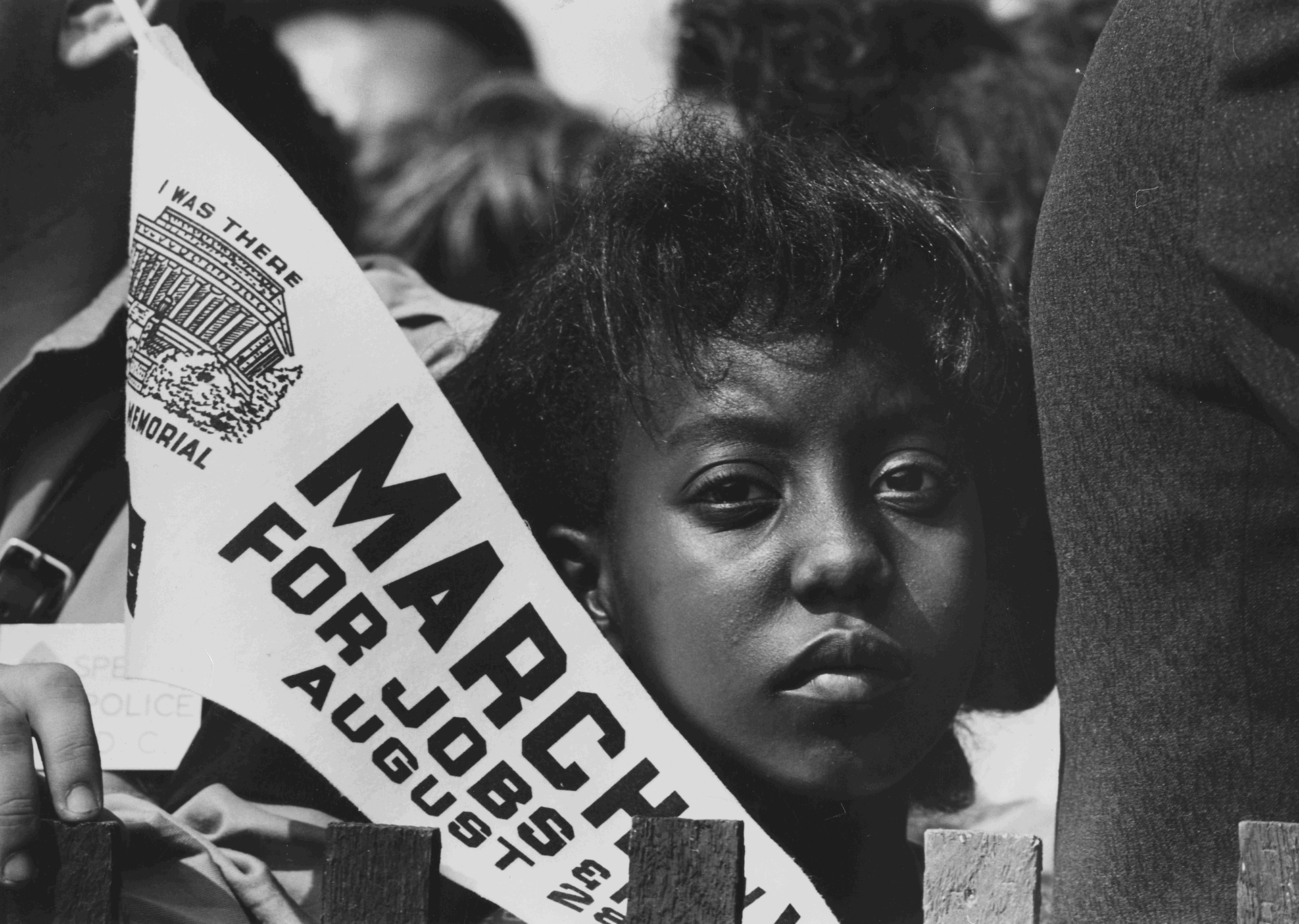Last weekend I was at a tournament near Toledo Ohio. While I was there I played against 4 teams, including Miami University. The Miami I saw on the field was respectable and diverse team that worked together, treated everybody with respect, and displayed a high level of cooperation that allowed them to take first place after going undefeated in the tournament. However, within a day of returning to Wooster, I saw an article about Miami University that shocked me. Apparently the team I witnessed on the field was not an accurate representation of Miami University.
Apparently, racism is quite common at Miami and has finally aggravated enough people cause protests and a response for the President of the college. Tragically, events like the ones I will discuss are everyday problems for the black students of Miami. Two events that occurred JUST within the last week are listed below.
1: In a group chat, a white student calls black students the n-word. On Tinder, that same white student bragged about what he wrote.
2: On Snapchat, while black students are protesting racism on campus, a student posted a video that says, “who let the zoo out??” followed by monkey emojis.
One student (Miranda Woods) stated “The student culture here is extremely racist,” and “As a black student here, I’m uncomfortable on campus 24-7. I feel out of place.”
This relates to our class as we have seen the damage that this kind of discrimination can cause. Currently in America, the only way to get a job that pays well enough to support yourself and a family is to get a college education. This makes discrimination in education even more terrible because by making these students unwelcome and scared, it makes it even harder for them to get the education they need to thrive. While the discrimination these students face isn’t as terrible as the types of discrimination we have learned in class, that does not make it acceptable in the slightest. I hope that Miami University takes action and makes an example of these students so I can go back to thinking of them as the diverse, friendly, and cooperative team I saw on the field.
Source: https://www.cincinnati.com/story/news/2018/04/04/racist-acts-miami-university-fuel-new-black-student-movement/481651002/
